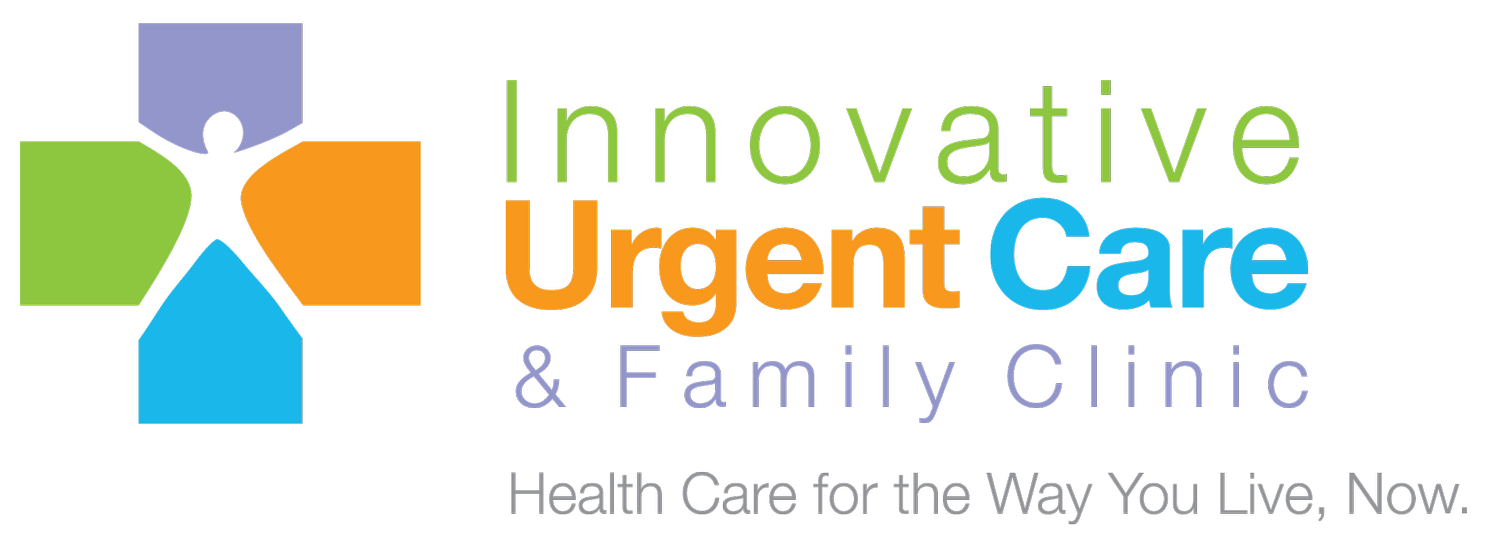The Vital Role of Folic Acid in Your Wellness Journey
Introduction: A Little Nutrient with a Mighty Impact
Did you know that a micronutrient, small in size but vast in its impact, could be the unsung hero of your wellness journey? Folic acid, a water-soluble B vitamin, plays an indispensable role in our health, yet its importance is often overshadowed by more talked-about vitamins and minerals. This powerhouse nutrient is essential for DNA synthesis, repair, and methylation, making it crucial not just for expectant mothers, but for everyone aiming for optimal health. In this article, we'll dive deep into the world of folic acid, exploring its benefits, sources, and how to ensure you're getting enough to support your wellness goals.
The Science Behind Folic Acid: More Than Just a Pregnancy Supplement
Folic acid, or folate when found in its natural form in foods, is a key player in reducing the risk of neural tube defects in newborns, a fact that has rightly earned it a spotlight in prenatal nutrition. However, its benefits extend far beyond pregnancy. Folic acid is involved in the production of red blood cells, preventing anemia, and is crucial for the nervous system's health, affecting mood and cognitive function.
Moreover, folic acid plays a role in cardiovascular health by helping to lower homocysteine levels in the blood, an amino acid linked to an increased risk of heart diseases. Its impact on cell growth and DNA repair also suggests a potential role in cancer prevention, particularly in the colon, breast, and lung.
Identifying Sources of Folic Acid: A Guide to Nutrient-Rich Foods
Ensuring adequate intake of folic acid is key to harnessing its health benefits. While supplements are an option, especially for pregnant women, incorporating natural sources of folate into your diet is an effective strategy for most people. Rich dietary sources include:
Leafy Green Vegetables: Spinach, kale, and arugula are excellent sources of folate. Just one cup of raw spinach provides about 58.2 micrograms (mcg) of folate, making it an easy addition to any meal.
Fruits: Citrus fruits, particularly oranges, and strawberries, are not only refreshing but also packed with folate.
Legumes: Beans, peas, and lentils are folate-rich and also offer additional benefits like fiber, protein, and iron.
Nuts and Seeds: Sunflower seeds and almonds can boost your folate intake while providing healthy fats and vitamins.
Fortified Foods: Many countries fortify grains and cereals with folic acid to ensure public health needs are met. Check labels on bread, pasta, and breakfast cereals for added folic acid.
Practical Advice: Integrating Folic Acid into Your Wellness Routine
Achieving an adequate folic acid intake doesn't have to be complicated. Here are some practical tips:
Start Your Day with Fortified Cereals: Opt for cereals fortified with folic acid for a quick and nutritious breakfast.
Snack Smart: Keep oranges, strawberries, or a handful of nuts and seeds handy for snacks that boost your folate intake.
Green Your Plate: Aim to include a serving of leafy green vegetables in at least two meals a day. They're versatile and can be enjoyed in salads, smoothies, or as a cooked side dish.
Experiment with Legumes: Replace meat with beans or lentils in your favorite recipes for a folate-rich, plant-based protein source.
Summary: Folic Acid, A Keystone of Wellness
Folic acid is much more than a prenatal nutrient; it's a cornerstone of health, supporting everything from our heart to our brain. By understanding its significance and knowing how to include it in our diet, we can take a significant step toward optimal wellness. Remember, a balanced diet rich in natural sources of folate, possibly supplemented by fortified foods or dietary supplements when necessary, can help you meet your health and wellness goals.
We encourage you to reflect on your current diet and consider how you might increase your intake of this essential nutrient. For more insights into wellness, weight management, and natural approaches to hormone replacement therapy, explore the wealth of resources available at Innovative Urgent Care & Family Practice.
